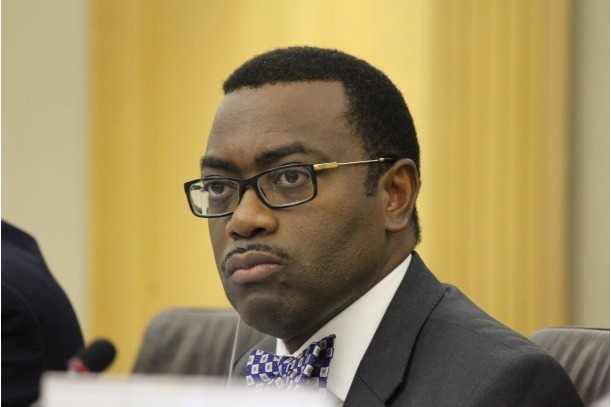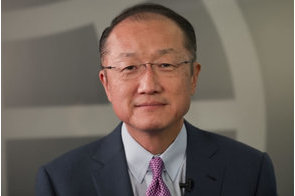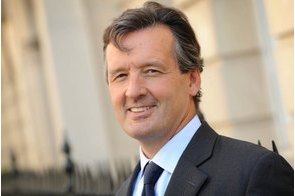AfDB affirms commitment to connect 200 million households to electricity

Summary
The AfDB said technology and innovative finance are key to reaching end-users in the value chain.
The African Development Bank (AfDB) has reiterated its commitment to connect millions of households to electricity under its New Deal on Energy for Africa initiative. Wale Shonibare, AfDB's Director for Energy Financial Solutions, Policy and Regulation, stated this on Saturday during a session at the Global Infrastructure Forum (GIF) 2018, which held on the sidelines of the World Bank/IMF Annual Meetings in Bali, Indonesia.
Under the New Deal, which was launched in 2015, AfDB will invest $12 billion in the power sector over the next five years and leverage $45-50 billion from the private sector. The landmark initiative was designed to solve Africa's huge energy deficit by 2025. The initiative is also part of the AfDB's Light Up and Power Africa campaign, which is among the five key priority areas, also referred to as the High 5s. The other High 5s are: Feed Africa strategy; Industrialize Africa; Integrate Africa; and Improve the Quality of Life for the People of Africa.
“We are looking to connect 200 million households to electricity – 75 million of those will be off-grid,” Shonibare, said. The Director for Energy Financial Solutions, Policy and Regulation, added that the key to achieving this will be new technology and innovative finance to reach the end-users.
The GIF is an annual event that brings together private sector investors and representatives from the United Nations and multilateral development banks, such as the AfDB, Asian Development Bank, Asian Infrastructure Investment Bank, European Bank for Reconstruction, among others. The theme of this year’s forum was: “Achieving the last mile through technology.” The theme of the session where the AfDB participated was, “Unlocking Inclusive, Resilient, and Sustainable Technology-driven Infrastructure.”
Shonibare said there was no doubt as to the role technology could play in the Light Up campaign and other key aspects of the bank’s development agenda. The former United Capital executive said innovative finance and new technology are needed to provide lower costs for off-grid electricity supply, which will benefit consumers.
“Conventional grids cost, on average, US$2,500 per connection in rural communities, whereas minigrids cost between US$500-1,000 per connection,” he added.
In Cote d’Ivoire, the AfDB approved a credit guarantee covering part of a guaranteed loan facility to Zola EDF Cote d'Ivoire, a 50-50 joint venture between Off-Grid Electric (OGE) and EDF. This has paved the way to providing access to approximately 100,000 rural households with pay-as-you-go solar home systems by 2020. The transaction is said to be the first large-scale local currency financing structure using the securitization technique for the off-grid renewable energy sector in Africa.
Other examples of how the bank has partnered with the private sector to bring service to end-users in innovative ways, were demonstrated by energy projects in Rwanda and Nigeria that have received the bank’s approval.
Experts at the event also said new technology and blended finance will help to bridge the “last mile” of the infrastructure gap, thereby getting goods and services to end-users, and connecting underserved populations to business value chains.
Related
-
Development banks agree on initiative to track climate finance
Knowing how the money is flowing is critical for reaching areas of opportunity and need.
-
World Bank’s Kim seeks second term amid calls to end successive American presidencies
The World Bank Group Staff Association has said the bank is experiencing a crisis of leadership.
-
CDC launch five-year strategy growth in Africa and South Asia
The new CDC’s strategy broadens its impact goals to include women's economic empowerment and climate change.










